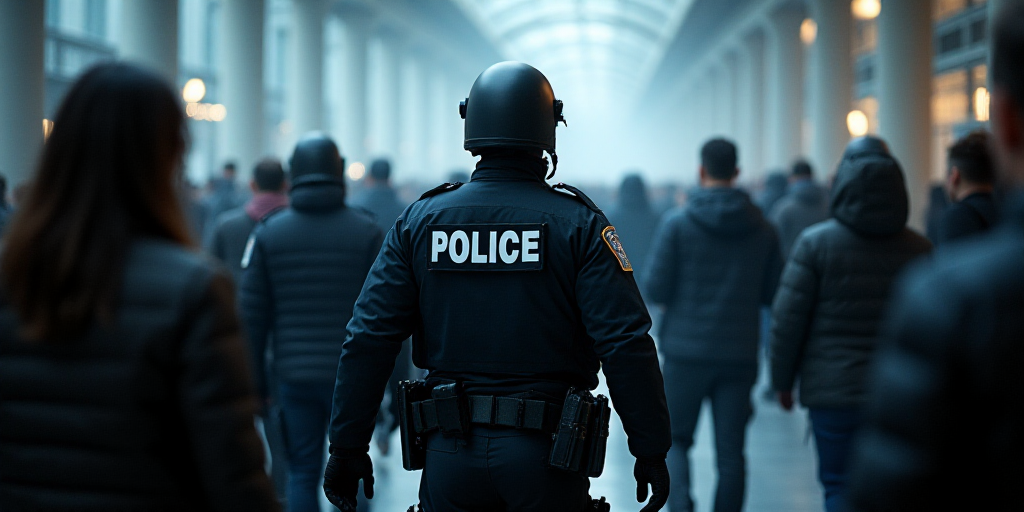Background on Key Figures and Relevant Context
The United States Supreme Court cleared the way on Monday for the Trump administration to resume deportations of migrants to third countries without giving them a chance to demonstrate potential harm they might face in their new destinations. This decision marks another victory for the administration’s aggressive pursuit of mass deportations.
Supreme Court’s Decision and Criticism
The Supreme Court lifted a mandate that required the government to provide migrants facing deportation to third countries with a “meaningful opportunity” to inform authorities about potential risks of torture in their new destination while a legal appeal was being resolved.
Judge Brian Murphy of Boston had issued this decision on April 18th. The Supreme Court’s order was not signed or explained, which is typical when the court decides on urgent requests.
In a harsh dissent, Judge Sonia Sotomayor, joined by the other two liberal judges on the court, criticized the majority’s decision, calling it a “flagrant abuse” of the court’s discretion.
“Apparently, the Court finds it more acceptable for thousands of people to suffer violence in remote locations than to entertain the remote possibility that a district court may have erred by ordering the government to provide notice and process to which the petitioners are constitutionally and statutorily entitled,” Sotomayor wrote.
“That use of discretion is as incomprehensible as it is inexcusable,” she added.
Background of the Case
Following Department of Homeland Security’s measures in February to accelerate rapid deportations to third countries, immigrant rights advocacy groups filed a class-action lawsuit on behalf of migrants seeking to prevent their expulsion without prior notice or an opportunity to present their arguments.
Judge Murphy ruled in May that the government had failed to comply with his order to establish new procedures when attempting to deport a group of migrants to South Sudan, a politically unstable country due to crime, kidnappings, and armed conflicts.
The judge’s intervention caused the US government to hold migrants at a military base in Djibouti. Among the passengers on the flight were one South Sudanese national and others from Cuba, Mexico, Laos, and Vietnam.
Key Questions and Answers
- What is the main issue at hand? The Supreme Court’s decision allows the Trump administration to resume deportations of migrants to third countries without giving them a chance to demonstrate potential harm they might face in their new destinations.
- Who are the key figures involved? Judge Brian Murphy of Boston issued an initial ruling, while Judge Sonia Sotomayor dissented in the Supreme Court’s decision. The Department of Homeland Security implemented measures for rapid deportations to third countries.
- What is the context of this case? This case stems from a class-action lawsuit filed by immigrant rights advocacy groups to prevent migrants from being deported without prior notice or an opportunity to present their arguments.
- What is the impact of this decision? The Trump administration can now proceed with deportations to third countries, potentially exposing migrants to risks such as torture or violence in unstable nations.






